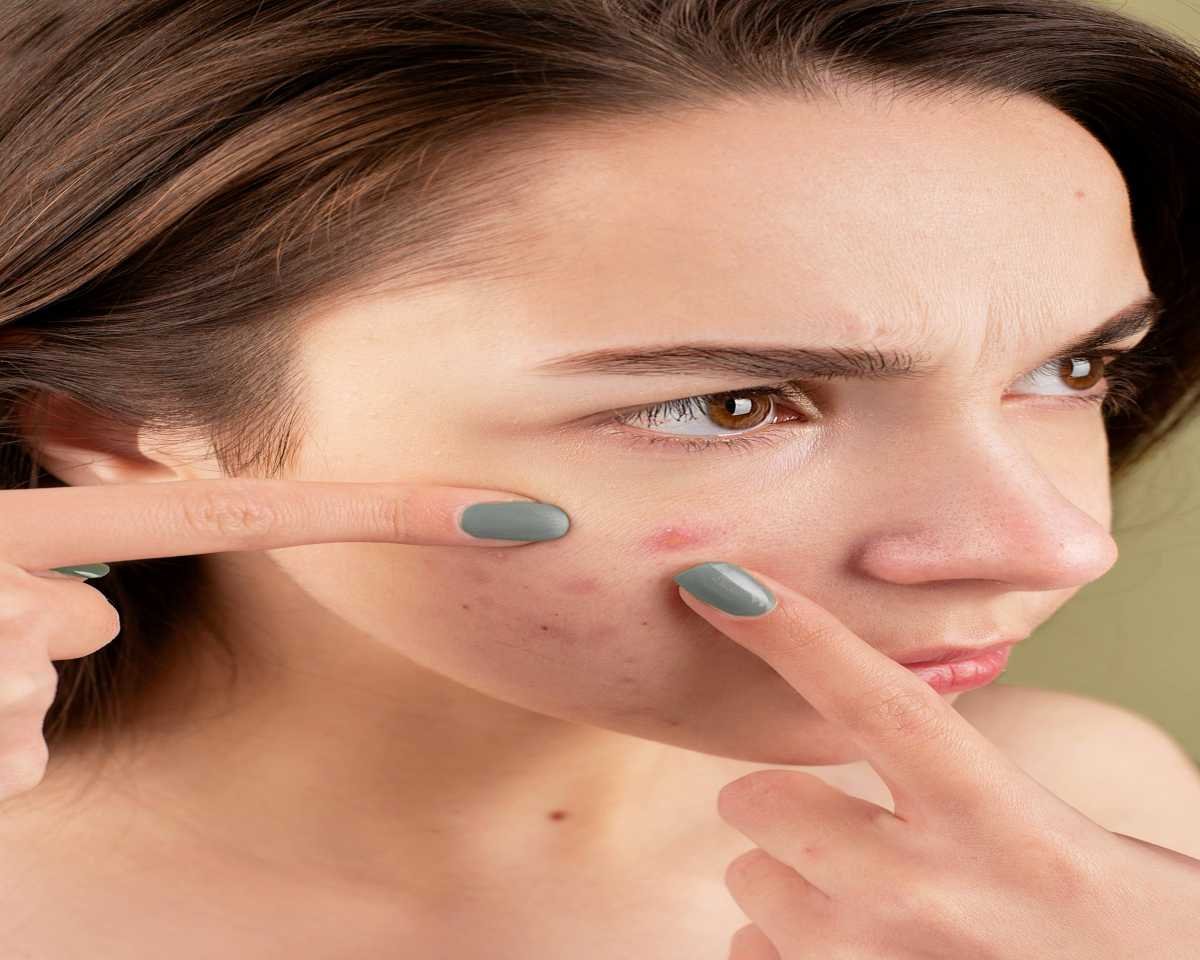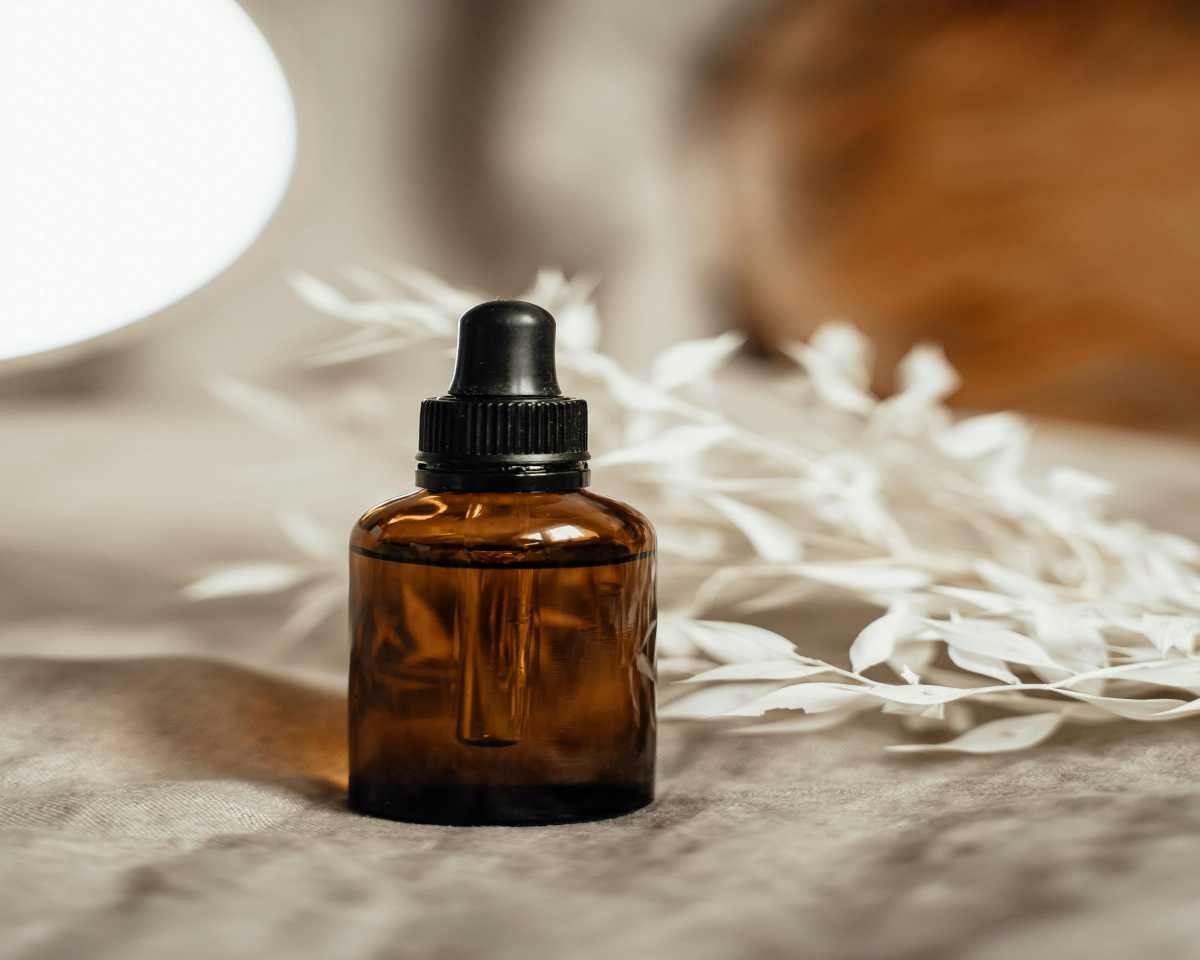Home Remedies for Acne: Natural Solutions for Clear Skin
Acne can be frustrating and challenging to deal with, but before turning to harsh chemicals, many natural home remedies can help manage and reduce breakouts. Whether it’s hormonal acne, acne caused by bacteria, or skin irritation, there are several home remedies that can aid in healing and prevention. Here are some effective home remedies for … Read more



